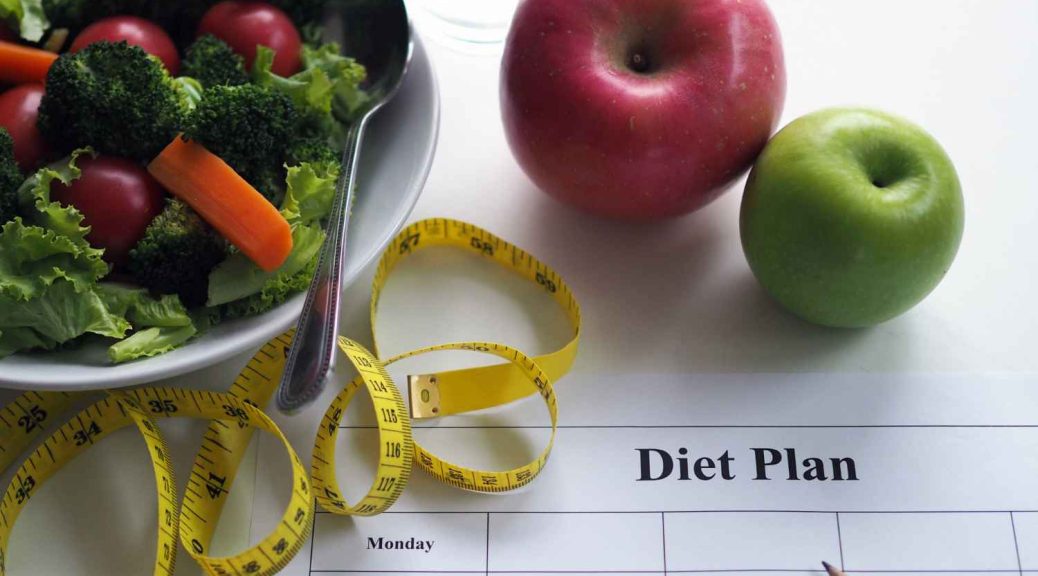
What You should Know Before Starting a Weight-loss Plan?
You’ve decided to start a weight-loss journey – fantastic! It’s a commitment that promises a healthier, happier you. But before diving headfirst into the latest fad diet, there are some crucial things to consider. Each individual’s body reacts differently to diet and exercise, making it important to find a tailored plan that suits your specific needs and goals.
Educate yourself on balanced nutrition by taking appointments with nutritionists or dietitians in Kolkata. Consulting with healthcare professionals can provide valuable insights and personalized guidance.
Remember, the goal is to improve overall health, not just to achieve a certain number on the scale. Prioritize long-term wellness over quick fixes, and you’ll be on the right path to a healthier, happier you. Let’s shed some light on key concepts to set yourself up for long-term success.
Top Tips to Know Before Start a Weight-Loss Plan
Each individual’s body reacts differently to diet and exercise, making it important to find a tailored plan that suits your needs and goals. Additionally, it’s essential to set realistic expectations and adopt a sustainable approach to avoid the pitfalls of crash dieting.
On this note, you can consult with a dietitian in ILS Hospital for your diet plan and health check-up.
1. Ditch the Diet Mentality, Embrace Lifestyle Changes
Think of weight loss as a marathon, not a sprint. Crash diets might offer quick results, but they’re rarely sustainable. Instead, focus on creating healthy habits you can stick with for life. This means incorporating nutritious foods you enjoy, finding physical activities you find fun, and getting enough sleep. It’s about progress, not perfection.
2. Realistic Goals and Sustainable Pace
Aiming to lose 1kg in a week is a recipe for disappointment. Healthy weight loss is gradual, typically around 1-2 kg per week. Setting smaller, achievable goals keeps you motivated and celebrates milestones. Remember, long-term weight management is the ultimate victory.
3. Focus on Nourishment, Not Deprivation
Diets that restrict entire food groups are often unsustainable and can lead to nutrient deficiencies. Aim to fill your plate with a variety of whole foods – fruits, vegetables, whole grains, and lean proteins. These foods are packed with nutrients that energize and satisfy you, reducing cravings for unhealthy options.
4. Make Friends with Protein and Fiber
Protein and fiber are the ultimate feel-good duo. Protein keeps you feeling fuller for longer, reducing between-meal snacking. Fiber helps regulate digestion and keeps you feeling satisfied. Include lean protein sources like chicken, fish, beans, and lentils in your meals, and don’t forget the fiber powerhouses – fruits, vegetables, and whole grains.
5. Befriend Water, Ditch Sugary Drinks
Sugary drinks are loaded with empty calories that contribute to weight gain. Water is your best friend – it keeps you hydrated, flushes out toxins, and can even help you feel fuller. Aim for eight glasses of water a day, and consider incorporating unsweetened tea or flavored water with fruits for a touch of variety.
6. Mindful Eating: Savor the Experience
In our fast-paced world, it’s easy to mindlessly munch while working or watching TV. Make mealtimes an opportunity to slow down, savor the flavors, and truly listen to your body’s hunger cues. Put down your phone, chew thoroughly, and stop eating when you’re comfortably full, not stuffed.
7. Move Your Body and Find Activities You Enjoy
Exercise doesn’t have to be a chore. Find physical activities you genuinely enjoy, whether it’s dancing, swimming, hiking, or team sports. The key is to find something you’ll stick with in the long run. Aim for at least 30 minutes of moderate-intensity exercise most days of the week.
8. Sleep for Success
When you’re sleep-deprived, your body produces more ghrelin (the hunger hormone) and less leptin (the satiety hormone), making you crave unhealthy foods. Aim for 7-8 hours of quality sleep each night for optimal health and weight management.
9. Listen to Your Body’s Signals
Our bodies are incredibly good at communicating our needs. Pay attention to hunger cues and avoid letting yourself get overly hungry, as this can lead to overeating. Similarly, recognize fullness cues and stop eating when you’re comfortably satisfied.
10. Don’t Go It Alone – Seek Support
A support system is invaluable on your weight-loss journey. Talk to your registered dietitian for personalized guidance. Consider joining a weight-loss group or finding a workout buddy to keep you accountable and motivated.
Final Words
Weight loss is a personal journey. There’s no one-size-fits-all approach. Be patient with yourself, celebrate your victories, and don’t be discouraged by setbacks.
Keep in touch with your dietitian and up to date with your current health status because it helps you to understand what your body requires to get a healthy body. Focus on creating healthy habits that nourish your body and mind, and you’ll be well on your way to a healthier, happier you!










